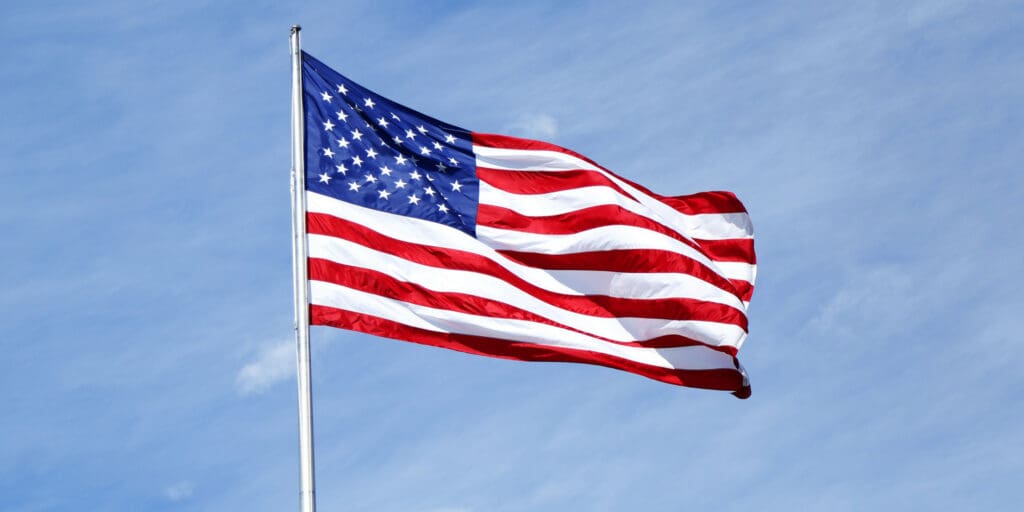Of Food and Freedom: Celebrating America’s Legacy of Hunger Relief

In 1961, the United Nations World Food Programme (WFP) was born. Though its establishment was certainly an act of international collaboration, many people don’t realize that WFP’s legacy is rooted in American soil.
American Leadership Helped Create WFP
President John F. Kennedy planted the seeds for WFP. He believed deeply in America’s capacity and duty to feed people who didn’t have enough. He challenged Senator George McGovern to help find a better way to feed the world’s hungry, and in response McGovern proposed the creation of a multilateral food aid program. Seven months later, with the support of U.S. lawmakers, the UN established WFP.
Now, nearly 60 years later, WFP is the leading humanitarian agency in the world. It became, in the words of 60 Minutes anchor Scott Pelley, “one of the best ideas America ever had.”
America’s legacy of global hunger relief goes far beyond the establishment of WFP, however. Nearly since our country began, American leaders have been reaching across the aisles to do what they know is right: provide food for hungry people everywhere in urgent need.
Feeding Children in America & Around the World
The work of Senators McGovern (D-SD) and Bob Dole (R-KS) is a particularly incredible example of the power of bi-partisan collaboration to end hunger. In the late 1990s, the two Senators began working together on a new project to end hunger and strengthen educational opportunities at the same time. Both had seen the impact of hunger with their own eyes, first as young boys during the Great Depression and later as military officers during World War II.
A few years later in 2002, McGovern and Dole launched America’s first global initiative dedicated to feeding vulnerable school-aged children: the McGovern-Dole International Food for Education and Child Nutrition Program. The program put America’s mark on the belief that children should never have to forgo education because they are hungry. Humanitarian agencies like WFP could now stock school meals programs overseas using U.S. crops and leverage financial and technical assistance from the U.S. government.
Generosity is the Best of America
As a former Senate chief of staff, I’ve witnessed partisan bickering up close. I’ve also seen the tremendous things that can happen when people work together in good faith. Today, American leaders continue to set aside their differences to feed a world in increasing need. American support has fed tens of millions of people who would otherwise go without. And this is because people helping other people is woven into the fabric of our national heritage; it’s a core believe that transcends political divides and is the reason America is the world leader in food and funding for WFP.
This week, as you celebrate our nation on the fourth of July, remember the generosity that has contributed to its greatness. Though our federal government spends less than one percent of its total budget on international affairs, food aid is a critical component that saves lives across the globe. Let’s fight to maintain our leadership in humanitarian relief, so that America will always be the home of the brave – and the land of people who truly believe in a world that’s hunger free.
To learn more about how WFP USA is supporting bi-partisan efforts to maintain America’s leadership in hunger relief and how you can help, visit our food security policy page.




